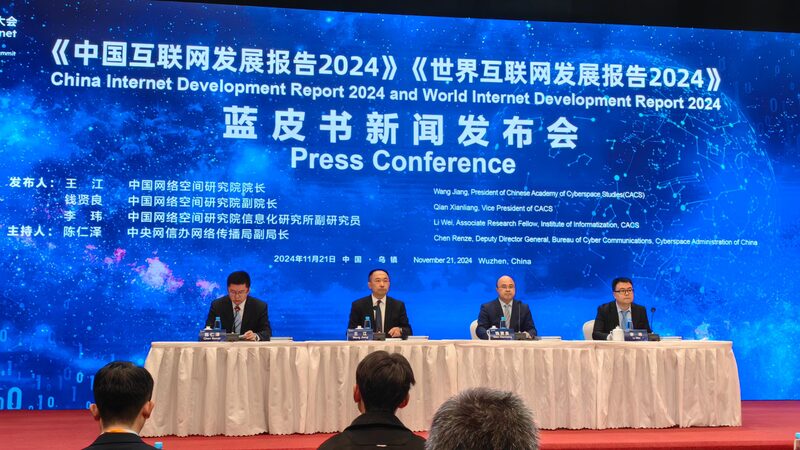Artificial Intelligence (AI) is rapidly transforming industries around the globe, heralding a new era of technological advancement. However, for nations in the Global South, the pressing challenge isn’t just about the potential misuse of AI—it’s about the risk of being left behind in this digital revolution.
While some countries race ahead with AI innovation, the Global South faces hurdles such as limited access to advanced technology, infrastructure gaps, and a shortage of skilled professionals in the AI field. These challenges threaten to widen the existing technological divide, potentially leaving these nations at a significant disadvantage.
In an effort to promote inclusive AI development, China is advocating for global initiatives and technological collaboration. By fostering partnerships and sharing expertise, there is hope that countries in the Global South can accelerate their own AI advancements and participate fully in the global digital economy.
Conversely, the United States has taken a different stance by implementing sanctions and export controls related to AI technology. This approach raises concerns about restricted access to vital AI tools and resources for developing nations, potentially exacerbating the divide.
The critical question now is whether international cooperation can prevail over division. Collaborative efforts could be key to ensuring that AI benefits are shared equitably, empowering youth and driving innovation across all regions.
The future of AI in the Global South hangs in the balance. It’s a call to action for leaders and innovators worldwide to bridge the gap and foster a more inclusive digital future.
Reference(s):
cgtn.com








